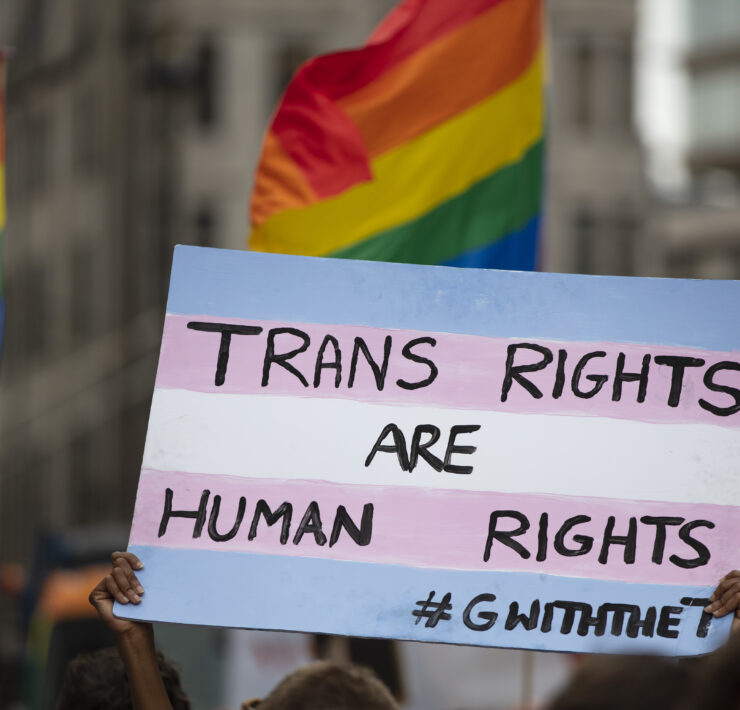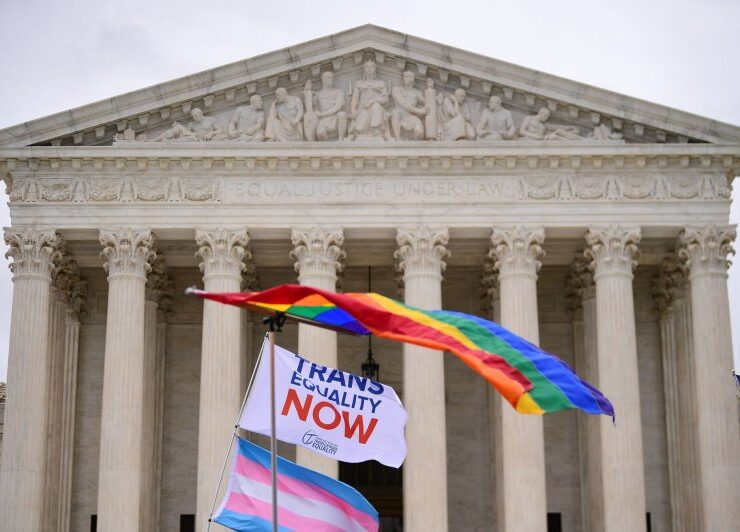Civil unions found wanting in Illinois study

When Kati and Esther Baruja’s home state of Illinois began granting civil unions in the summer of 2011, the couple was excited to finally have their relationship legally recognized just like their married friends. But according to Equality Illinois, a LGBT advocacy organization in the state, the Barujas and many other Illinois LGBT couples found that their civil union could fall short.
In a press release, Equality Illinois conveyed a statement from the couple: “’Equality’ was the practical things, like being able to file our taxes together, having automatic custody over one another’s children and not having to spend thousands of dollars on second-parent adoptions and powers of attorney, and having automatic rights at the hospital.”
And though state lawmakers had intended the Religious Freedom and Civil Union Act to provide same-sex couples the same rights as married couples, lesbian and gay families were reporting obstacles.
“A constant refrain we heard from couples was this idea that they weren’t being treated the same, whether that was a person trying to pick up their spouse’s prescription at the pharmacy, or even in social settings,” said Equality Illinois Director Bernard Cherkasov. “A lot of people said that if the state wanted you to be treated like a married couple, they would have called you married.”

Equality Illinois’ report, released June 1 last year, offered insight into what was happening. The organization tracked nearly 4,000 couples that entered into civil unions in the first year, collecting responses about their experiences and determining that in “substantive ways, couples in civil unions were treated unequally, denied rights or protections, or stigmatized. Importantly, the very fact that same sex couples in loving, committed relationships were not allowed to marry invited discrimination by stigmatization by public and private agents.”
The report found the most consistent complaints around state agencies, which lacked a thorough statewide policy regarding how they should treat civil unions. Most of Equality Illinois’ respondents faced some difficulty having their unions recognized and treated like marriages there.
Even the simple act of acquiring a civil union license was difficult for some. Local county clerk workers lacked the training or forms for the two–class system allowing heterosexual couples to choose between a marriage license and a civil union license while same-sex couples were limited to the latter. That lead to delays for some same-sex couples looking for a license, and many couples also reported having their information recorded incorrectly which led to other long-term issues.
The Equality Illinois report also found that some financial benefits married couples expect were elusive to couples in civil unions: more than 8 out of 10 couples reported that they experienced trouble filing joint tax returns for state taxes, and some couples were initially denied the right to do so even though civil unions had legalized that on the state level. The confusion, largely caused by the Illinois Department of Revenue’s late decision to comply with the law, forced some couples to file separately or end up paying more in taxes than they owed.
There were also issues with homes and property. Married couples in Illinois are allowed to own property in “joint tenancy by entirety,” allowing a surviving partner to automatically inherit property after the other passes away. But in many instances, couples in civil unions were challenged while trying to acquire joint ownership, or even barred by title companies from doing so. The same was true for couples trying to acquire joint mortgages; lenders treated them differently because they weren’t technically ‘married.’ Those couples were forced to apply individually instead, meaning they were ultimately forced to pay a higher interest rate or were limited in the amount they were allowed to borrow.
To others, the simple word “marriage” – and the fact that their union was called something else – had deep negative implications as a “separate but equal” union. Several respondents reported that family and friends chose not to attend their ceremonies because it was not a ‘real’ marriage, while others felt that society, as a whole, did not understand the concept of civil unions.
“When the state says ‘civil unions,’ many hear ‘not marriage,’” Cherkasov said. “It is justification for continuing to treat same-sex couples differently than heterosexual couples.”
For Russell Lipari and Ronald Steinacher, the social stigma is even apparent in something as simple as celebrating their anniversary even after getting a civil union. “We have been together nearly 36 years,” they told Equality Illinois. “When we celebrate our anniversary, the question is always, ‘anniversary of what?’ Why is the answer to that question so complicated? It doesn’t need to be.”
Yet Cherkasov still sees Illinois on a path towards full equality. “I think that civil unions were definitely a step towards full recognition,” he said. “The loudest opponents kept saying that everything would change once the act passed. But it passed, and nothing changed. People looked around and just saw loving couples and loving families and everything else was still the same.”
Marriage equality would bring Illinois same-sex couples more of the benefits they saw as part of a civil union’s promise, and polls of Illinois voters suggest a solid majority now supports full equality. A 2013 bill legalizing same-sex marriage has already cleared the state’s Senate, and looks likely to pass the House with some bipartisan support before the legislature adjourns this year.
Cherkasov attributes the impending passage to the grassroots effort spearheaded in large part by his organization. “We talk to these lawmakers, and they always say the biggest thing was hearing from their constituents. People are calling their representatives, urging them to support marriage equality, and they are having their families and friends call too.”
But for the Barujas, marriage equality is about more than just money or paperwork, they said. “Beyond those things, it is the internal knowledge, the certainty that ultimately we are the same as everyone else.”










